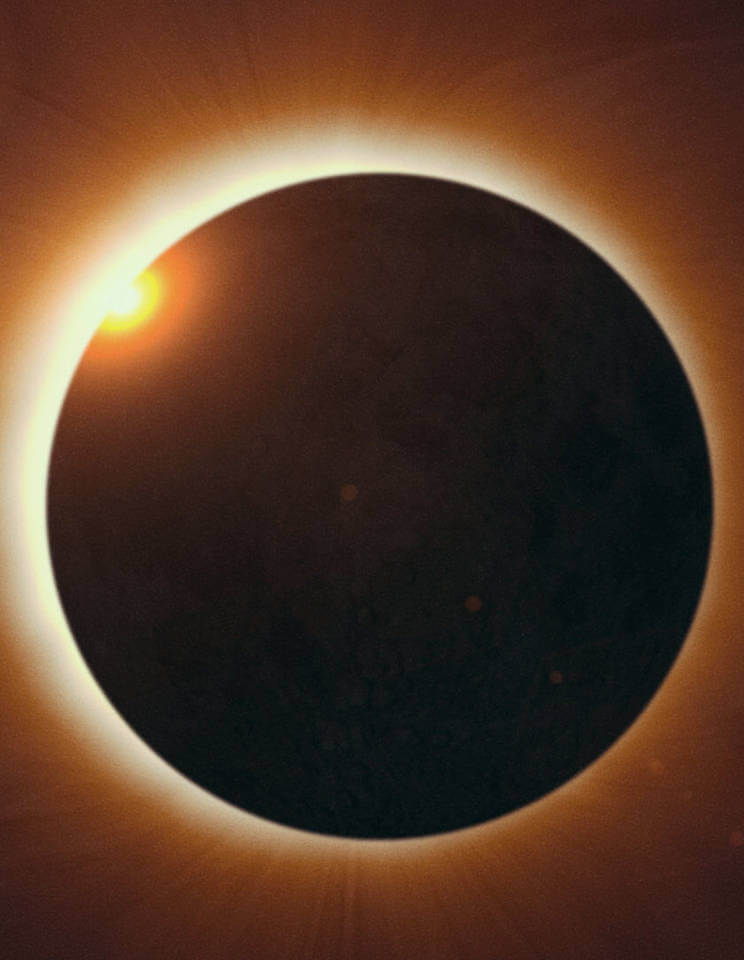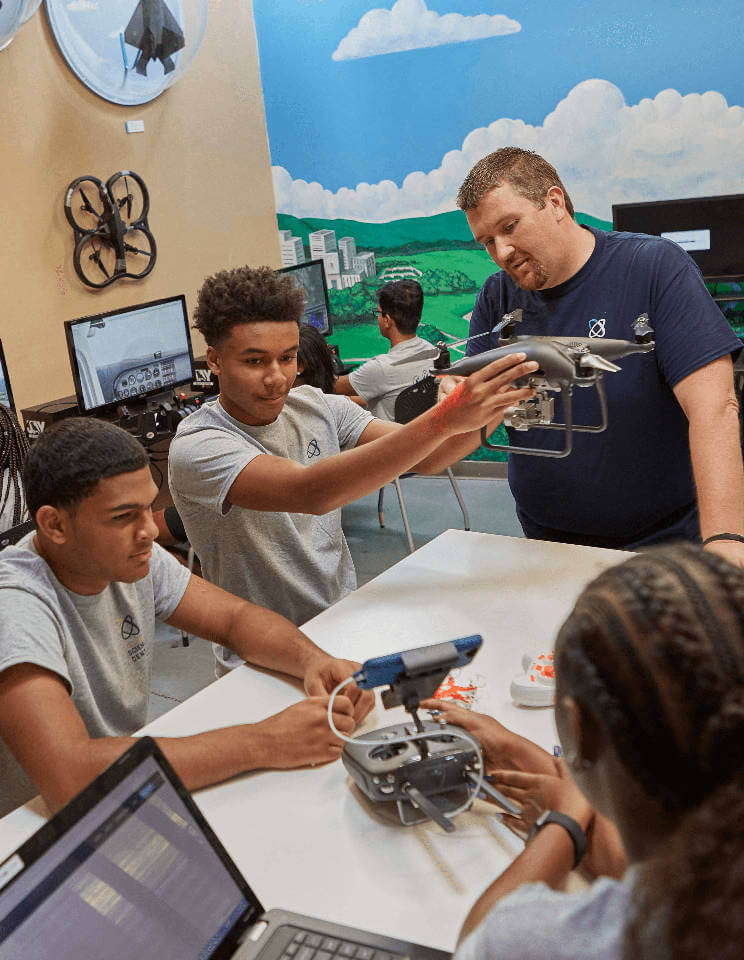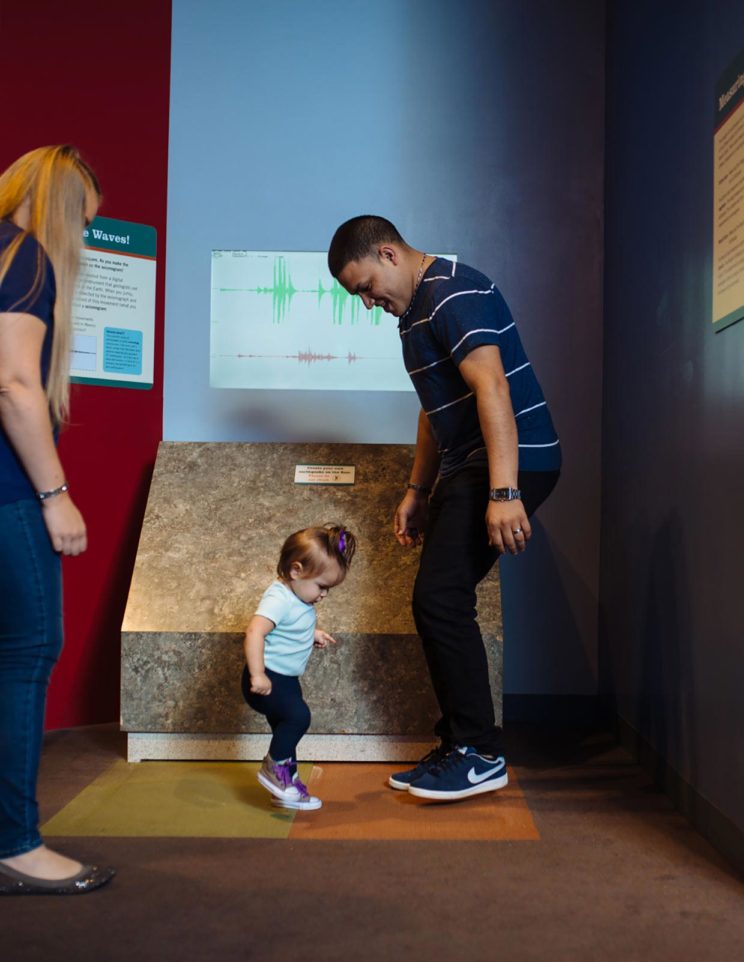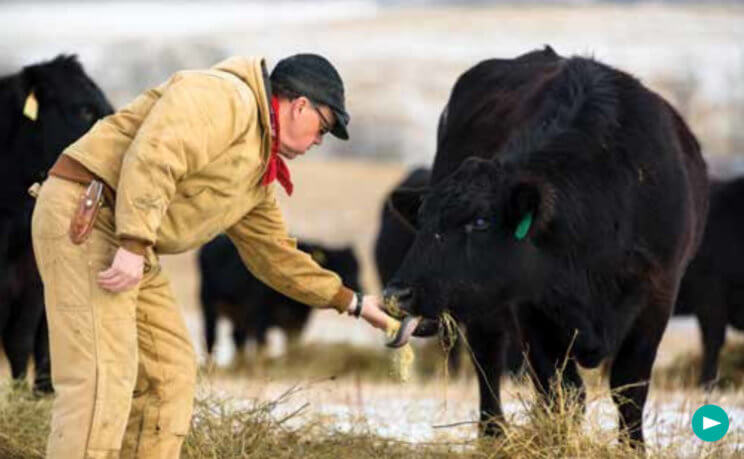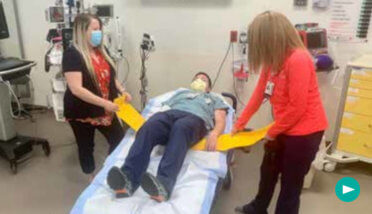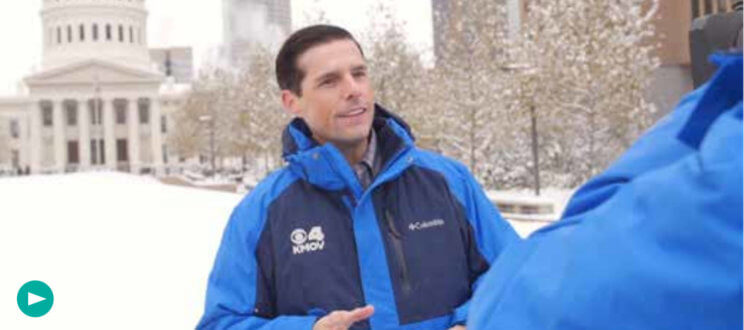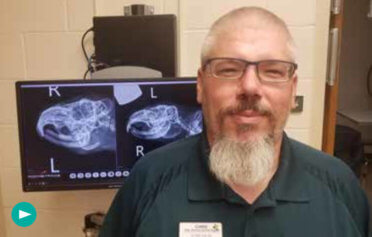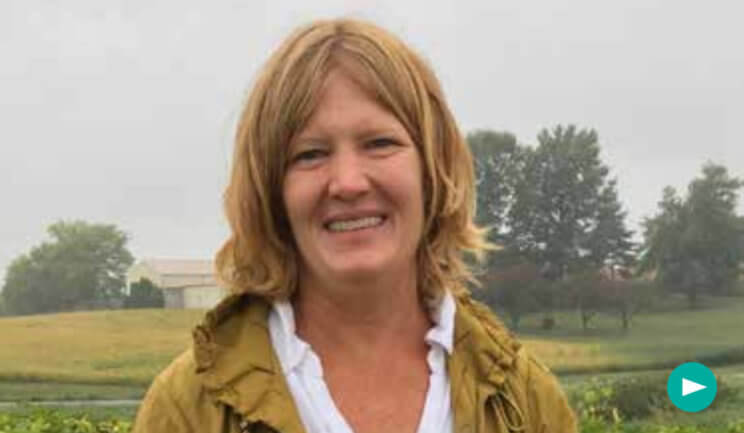
Science Today
Does Science Cool Off in the Winter?
While the winter season is on its way, there’s one area that doesn’t slow down with the colder weather. Scientists and STEAM experts across many fields keep busy even in the winter months. From agriculture and medicine to engineering, zoology and meteorology, professionals across the STEAM spectrum show that winter might just be the coolest time for science.
Click or tap each photo to learn more about each STEAM expert.
Rick Ayers
Cattle Farmer, Ayers Cattle Farm and member of Missouri Beef Industry Council
In the winter months when grass is not available, Rick feeds hay and ensures his animals have a good, clean and unfrozen water supply. He unrolls his hay bales for his cattle to consume and strategically feeds them in different areas of his pastures. This spreads out the organic matter from manure and provides important nutrients to the soil where needed. In turn, this helps produce a high-quality forage to provide the best nutrition possible for his herd.
Brooke Magary
Outreach Specialist, U.S. Army Corps of Engineers, St. Louis District
“My job over the winter season focuses more on education with schools, building relationships between local students and the Corps of Engineers in order to enhance STEM competencies of local students to build a more diverse and capable future STEM workforce.”
Haley Strebler, RN
Trauma Injury Prevention and Outreach Coordinator,
SSM Health Saint Louis University Hospital
“We collect data at our trauma center which allows us to determine the most common causes of injury. My job involves helping people prevent traumatic injuries through providing educational classes and programs in the community. […] As we move into the winter months, my job includes helping keep people safe while participating in winter activities!”
Steve Templeton
Chief Meteorologist, KMOV TV
“In the winter, it takes a different set of skills to do weather forecasting. I have to use different forecast models and mathematical calculations to determine things like where snow will crystallize in the environment. […] I have to focus on things such as wind, snow, ice, and not only air temperature, but also ground temperature. Those are critical factors here in St. Louis because they have a greater impact on people in the winter.”
Christopher S. Hanley, DVM, Dipl ACZM
Asst. Director of Animal Health, Saint Louis Zoo
“Colder weather is better than hot weather for performing routine, non-emergency procedures on animals prone to hyperthermia (heat stroke). We often schedule procedures for our larger carnivores, such as Amur tigers or polar bears, and some hoofstock, such as the Sichuan takin or Transcaspian urial, in the winter months.”
Dr. Katherine Rivera-Spoljaric, MD
Washington University
pediatric pulmonologist, St. Louis Children’s Hospital
“I am a Pediatric Pulmonologist, a pediatrician that specializes in lung diseases. With the winter months comes the cold and flu season. During this time my practice is busy caring for children with asthma flare-ups and recurrent wheezing. We focus on illness prevention and chronic disease symptom control.”
Linda Beckemeier
Manager at Stuckmeyers Farm and Market and member of the Missouri Farm Bureau
“In preparation for the coming winter and spring seasons, we have to get back into our greenhouse operation. This means putting plastic covers on the greenhouse frames and getting the furnaces running. We also place seed orders for the spring.”


